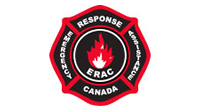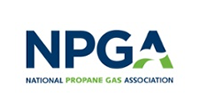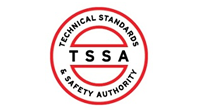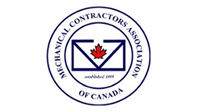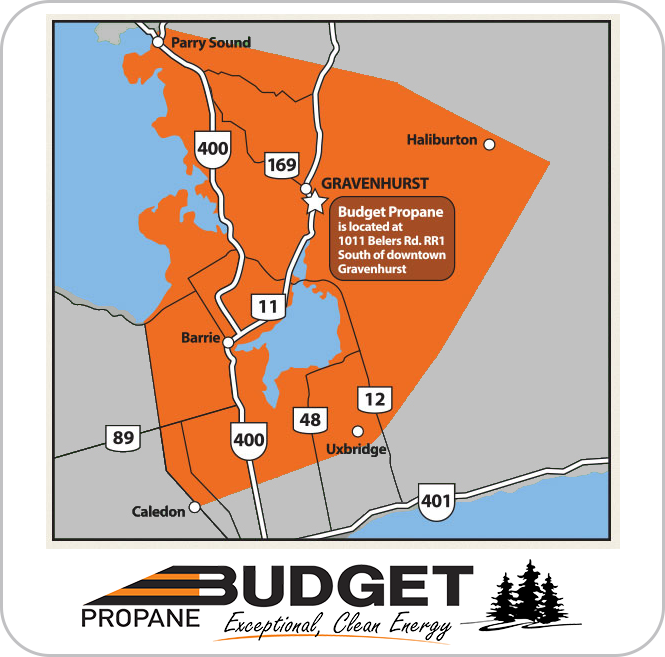 Anyone unfamiliar with propane, propane tanks, and propane safety in general might mistakenly believe in a few of the myths surrounding propane and propane explosions. Of course it’s important to understand the safety procedures when it comes to the handling of any large container holding flammable or combustible material. However, many people believe that propane tanks will explode with even the slightest of mishandling, let alone being shot by a bullet or knocked over in an accident. Let’s take a deeper look into these myths and dispel with with some fact about propane.
Anyone unfamiliar with propane, propane tanks, and propane safety in general might mistakenly believe in a few of the myths surrounding propane and propane explosions. Of course it’s important to understand the safety procedures when it comes to the handling of any large container holding flammable or combustible material. However, many people believe that propane tanks will explode with even the slightest of mishandling, let alone being shot by a bullet or knocked over in an accident. Let’s take a deeper look into these myths and dispel with with some fact about propane.
Did you know that bringing a propane tank to the point of explosions is actually quite difficult? It is not as simple as many people believe. An operational propane tank under normal circumstances will not explode or leak, as there are safety valves and other mechanisms in place to prevent ruptures, leaks, and yes - explosions. Human error is actually the main cause of propane related accidents and explosions, so it’s important to understand how to safely handle propane.
A BLEVE, or, a Boiling Liquid Expanding Vapour Explosion, is a term that describes a situation where the safety valve on a tank of combustible material such as propane, cannot vent the excess pressure in the tank as the vapours inside start to heat causing the gas to expand. Under normal circumstances, this safety valve can effectively vent the excess pressure. If the pressure builds up faster than the valve can release it, the tank can rupture. If flames are present to ignite the leaking fumes, this can cause an explosion. In order for this to happen the conditions have to be just right. The tank has to be exposed to excessive heat for a long period of time and a source of ignition has to be present. Propane won’t ignite when combined with air unless the source of ignition reaches at least 940 degrees Fahrenheit. In contrast, gasoline will ignite when the source of ignition reaches only 430 to 500 degrees Fahrenheit. These types of explosions are rare with propane and if proper safety precautions are taken, can be avoided altogether
Propane tanks are subject to strict manufacturing standards that ensure they are durable and safe to use. Regulations state that tanks/cylinders must be equipped with pressure relief valves to prevent excessive pressure in abnormal conditions. Tanks are also stamped with information about the date of manufacture and subsequent service and testing dates. It is also required by law that personnel dealing with filling propane tanks have a record of training. You can read more about the regulations here. Propane tanks are also 20 times more puncture resistant that tanks filled with ethanol, methanol or gasoline.
One of the biggest misconceptions surrounding propane as a fuel source for your home or cottage is safety. But the reality is, the characteristics and regulations applied to propane use make it one of the safest fuels when compared to other fuels such as gasoline, diesel and compressed natural gas.
If you have any questions about our delivery services or products call Budget Propane Ontario at 1 888 405.7777 . We offer affordable propane solutions for home, business, and industrial use and Smart Tank remote-monitoring technology to save you time and money.



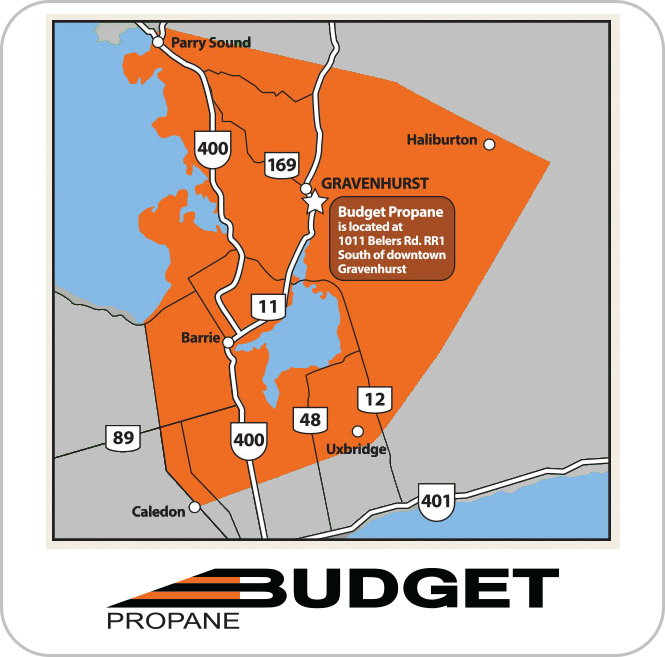



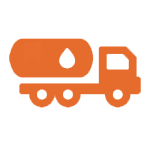



.png?width=250&height=110&name=Copy%20of%20Untitled%20(3).png)

